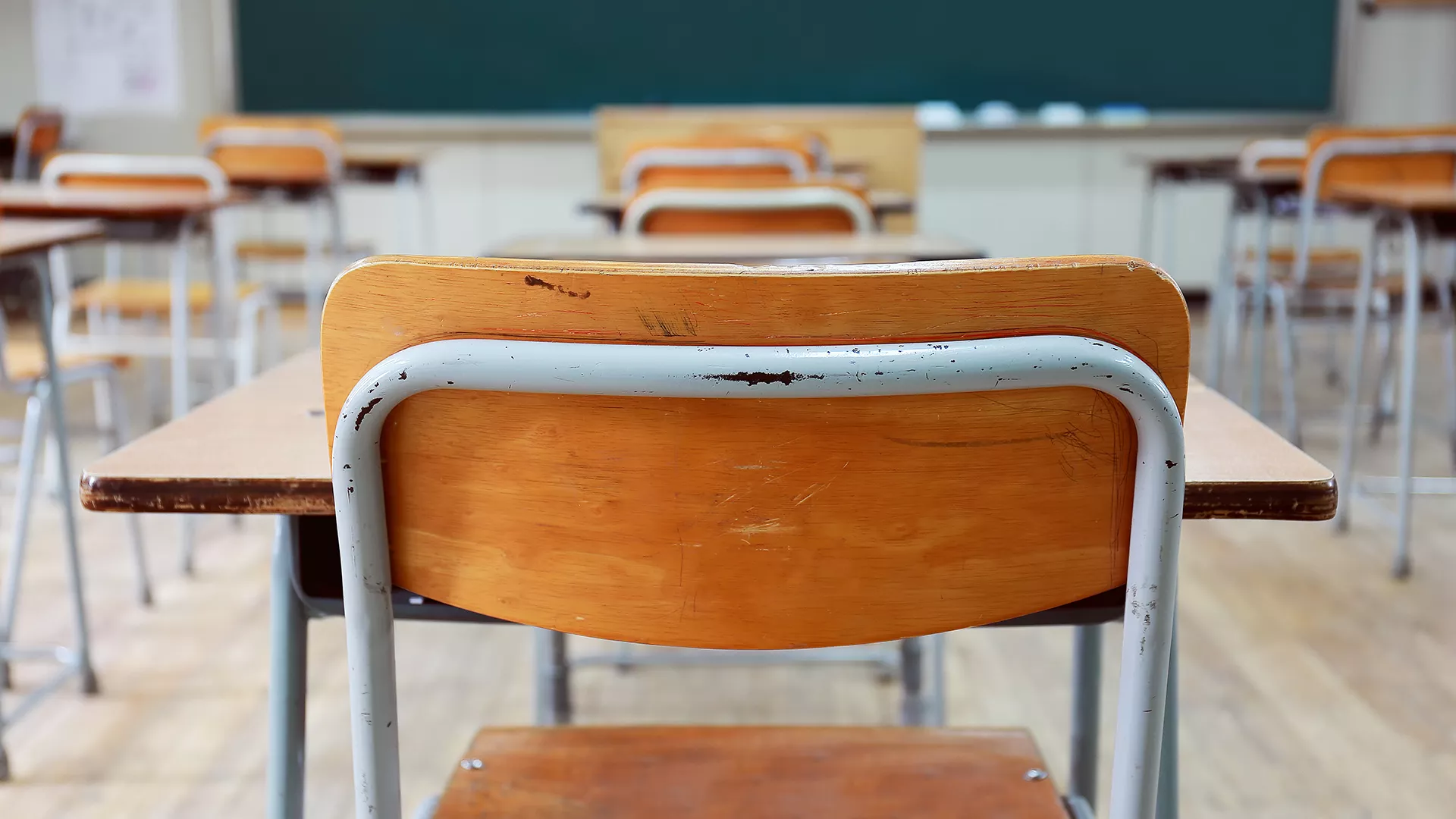As part of their efforts to intimidate educators and censor classroom discussions, some states have established ways for parents to complain about educators directly to the state government or district officials, either by phone, email, or submission of an online form.
In Virginia, Governor Glenn Youngkin created a tip line for parents to report teachers for teaching so-called “divisive practices.” This process bypassed conversations at the local level and was designed to try to intimidate teachers. Eugene Daniel, Virginia Education Association: Gov. Youngkin’s tip line to report ’divisive practices’ is designed to intimidate teachers, 13 News Now (Jan. 26, 2022), https://www.13newsnow.com/article/news/local/mycity/norfolk/virginia-governor-glenn-youngkin-school-tip-line-criticism/291-af50154d-ab59-41f1-97a8-bb909fbbd845. Go to reference But after less than a year the tip line was shut down because it was not receiving many complaints. Scott Simon & Ben Paviour, A ’tip line’ championed by Virginia Gov. Youngkin last year has been quietly shut down, NPR (Nov. 5, 2022), https://www.npr.org/2022/11/05/1134514204/a-tip-line-championed-by-virginia-gov-youngkin-last-year-has-been-quietly-shut-d. Go to reference
In states or districts that do not have a designated tip line, parents or community members may reach out to school officials directly to report concerns about educators. These complaints may include concerns about specific classroom discussion topics, course materials, or available books, especially those relating to race or LGBTQ+ identities.
If you become aware of a complaint against you, contact your union representative for advice about the next steps to take. It may be important to connect with counsel early on to get advice on how to speak to your principal or other administrators about the issue to avoid or minimize disciplinary action.
Keep in mind throughout the complaint resolution process NEA’s guidance on avoiding political advocacy at work and how to teach within the bounds of recent anti-honesty in education laws.
- 1 Eugene Daniel, Virginia Education Association: Gov. Youngkin’s tip line to report ’divisive practices’ is designed to intimidate teachers, 13 News Now (Jan. 26, 2022), https://www.13newsnow.com/article/news/local/mycity/norfolk/virginia-governor-glenn-youngkin-school-tip-line-criticism/291-af50154d-ab59-41f1-97a8-bb909fbbd845.
- 2 Scott Simon & Ben Paviour, A ’tip line’ championed by Virginia Gov. Youngkin last year has been quietly shut down, NPR (Nov. 5, 2022), https://www.npr.org/2022/11/05/1134514204/a-tip-line-championed-by-virginia-gov-youngkin-last-year-has-been-quietly-shut-d.
This page is intended to provide general information. For specific advice, you should always contact your local union or attorney.
Speak Up For Students and Public Schools

